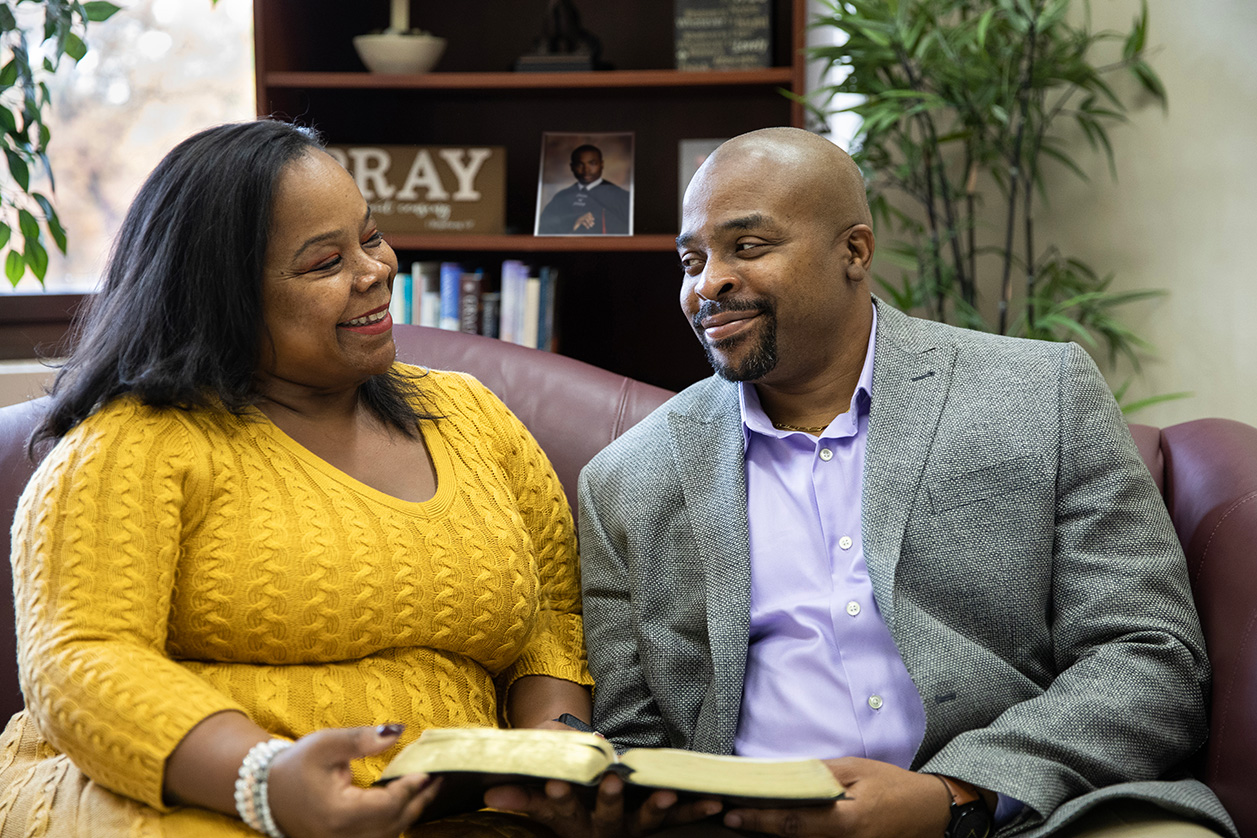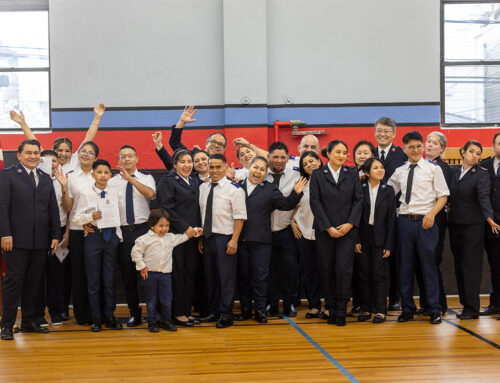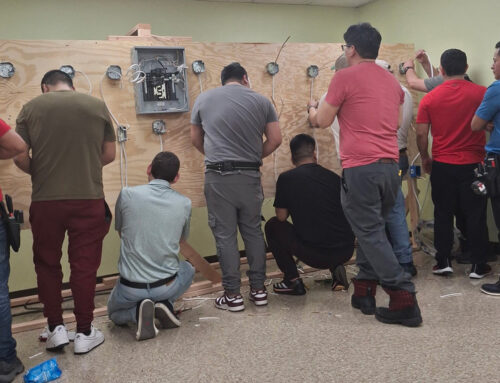
I will trust
by De Quency Bowen
26 They came back to Moses and Aaron and the whole Israelite community at Kadesh in the Desert of Paran. There they reported to them and to the whole assembly and showed them the fruit of the land. 27 They gave Moses this account: “We went into the land to which you sent us, and it does flow with milk and honey! Here is its fruit.
28 But the people who live there are powerful, and the cities are fortified and very large. We even saw descendants of Anak there. 29 The Amalekites live in the Negev; the Hittites, Jebusites and Amorites live in the hill country; and the Canaanites live near the sea and along the Jordan.”
30 Then Caleb silenced the people before Moses and said, “We should go up and take possession of the land, for we can certainly do it.”
–NUMBERS 13: 26–30
My first thought after reading this text was: How is it possible that these tribal leaders scouted the Promised Land and returned with two different perspectives, and yet share the same common goal? God had promised the Israelites the land of Canaan. He had already freed them from Egypt. So, what was there to fear?
As I delved further, I correlated this story with my own life today.
Back in September 2020, my husband and I dropped my son Ezekiel off at college in upstate New York. He had graduated from high school in June and was supposed to leave for college in August. However, due to the uncertainties of what was going on with the pandemic, my husband and I decided to ask Ezekiel to attend his first year of college at home. This was not an easy decision. Honestly, I was team “Yes, you should go stay in the dorms!” My initial thought was to sit Ezekiel down and explain what he needed to do to be safe in his first year. I had a short list of instructions:
• Read your Bible every day!
• Keep the dorm room clean.
• Wear your mask and change it every day.
• Wash your hands frequently.
• Follow your school COVID–19 safety protocol.
• Call me if you are in trouble.
My husband did not think it was that simple. Considering how most of the world had shut down, he felt it was too premature for our son to leave the nest. My husband was more comfortable keeping Ezekiel at home under our protection and guidance. My husband and I often have different perspectives on how to deal with challenges. I often wonder why we can be in the same situation yet hold different viewpoints about it.
What I have learned throughout the years is that our upbringing has played a partial role in how we see things. On the one hand, he grew up as the youngest of seven siblings who helped raise him after suffering the loss of their mother. On the other hand, I was the oldest of four siblings, and I played a vital role in helping my mother raise my younger sisters. So, my husband tends to be more conservative in dealing with problems, while I am more independent in my approach.
Despite our differences of opinion, we agreed that our common goal was the safety of our son. Therefore, we chose to put God in the center of our decision making, rather than focus on who was right or wrong. We knew that by doing so, He would lead us to make the best decision for our family.
I believe that when you hand over your problems to God, you will come out stronger on the other side of those problems. In moments of heated debates and disagreements, instead of finding reasons to be right during the conflict, have patience and gain a deeper understanding of the person with whom you disagree.
The Holy Spirit has told me that I need to be more patient with people of a different opinion. But, most importantly, the Holy Spirit has told me to use my heart to find common ground with them because God, in His love, has been so compassionate and patient with me. Why would I not demonstrate the same love for others?
By acting in anger, we sometimes gain a new enemy. Instead, we need to find a reset button and focus on God’s love and how it connects us all.
In my prayers, I have asked God, “How can we learn to have differences, but at the same time exist peacefully and productively with love, concern, and kindness toward one another?” God has commanded us in John 15:12, “Love each other as I have loved you.”
I do not want to wander in the desert for the next 40 years because I am incapable of following what God has commanded me to do as did the Israelites. Their lack of faith and inability to utilize the spiritual warfare needed to push through the difficult journey proved detrimental.
As I reflect on Numbers 13:26–30, I ponder those opposing perspectives: the tribal leaders said the Promised Land was for the powerful, but Caleb and Joshua reported that the land was full of milk and honey. They chose to believe God’s promise.
So, by trusting and surrendering to God’s will, we can move forward in this world, knowing that He will place a calling on our life. He has promised us that He is our strength, He will never forsake us, He is always in control, He is always watching, and He is always victorious.
We do not need to be fearful of the difficulties ahead, fearful of the debates we have with others, or be so quick to choose a side. We can move forward knowing that by placing our focus on God’s love, He will pull us through these challenging times.
De Quency Bowen, MS BML is the Executive Chef at The Salvation Army USA Eastern Territory Headquarters in West Nyack, N.Y.
Read more from the latest issue of SAconnects.




